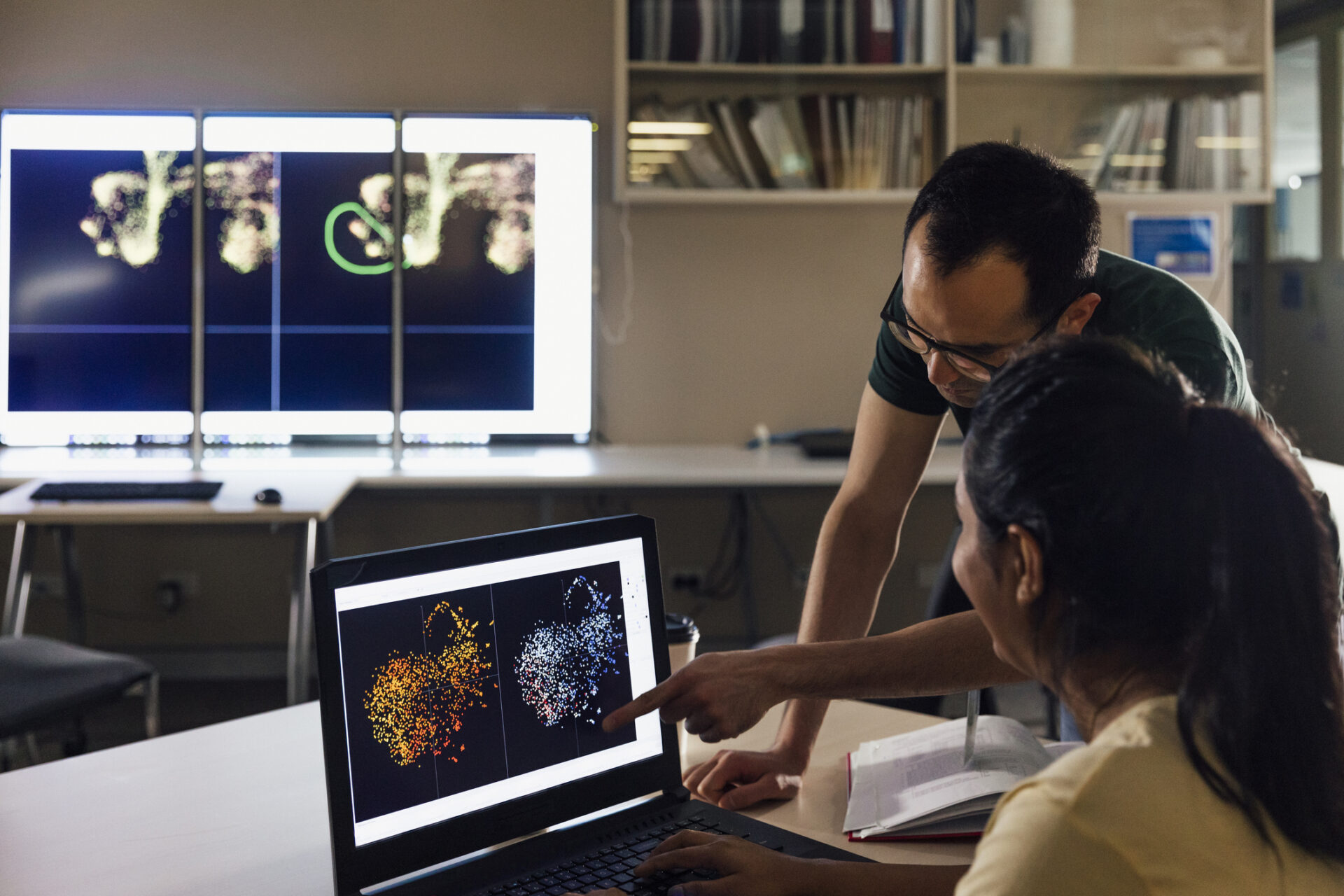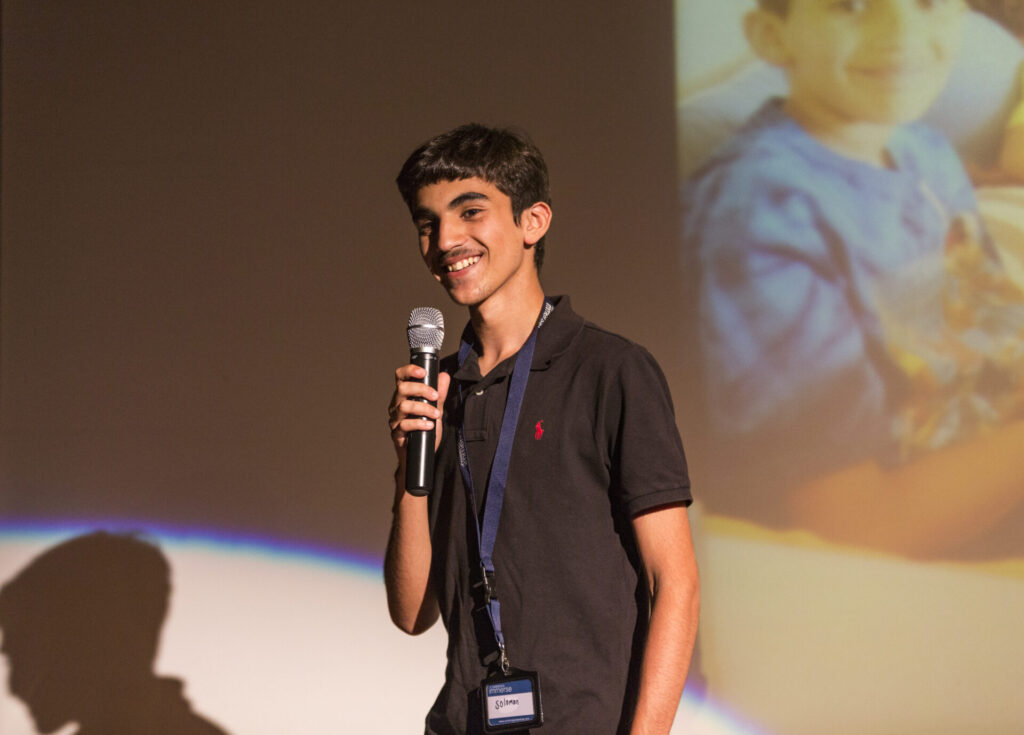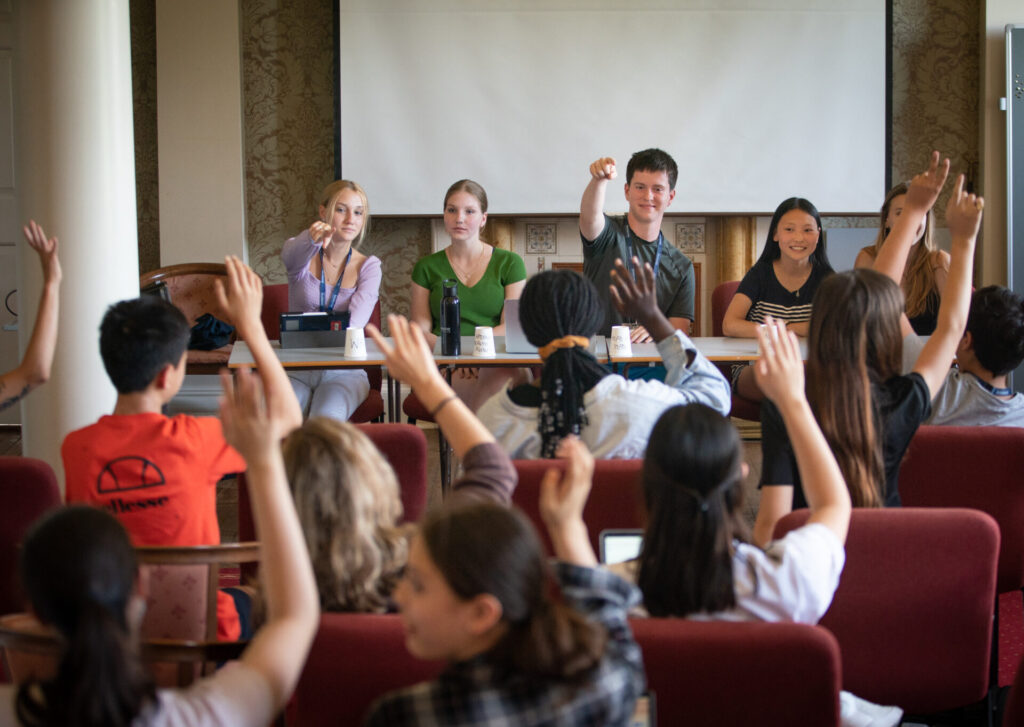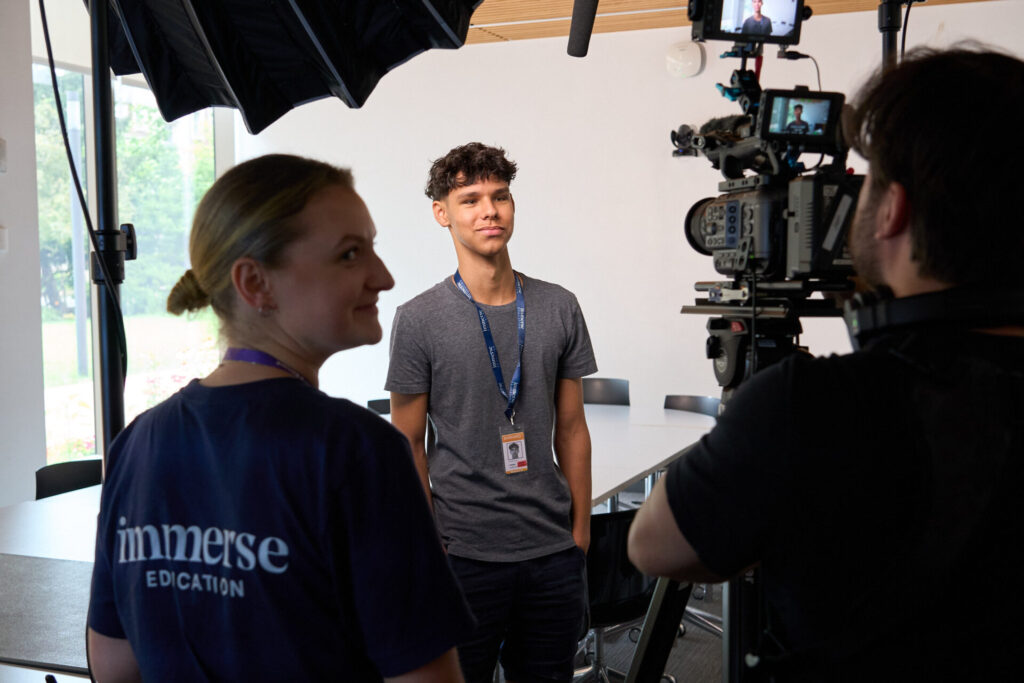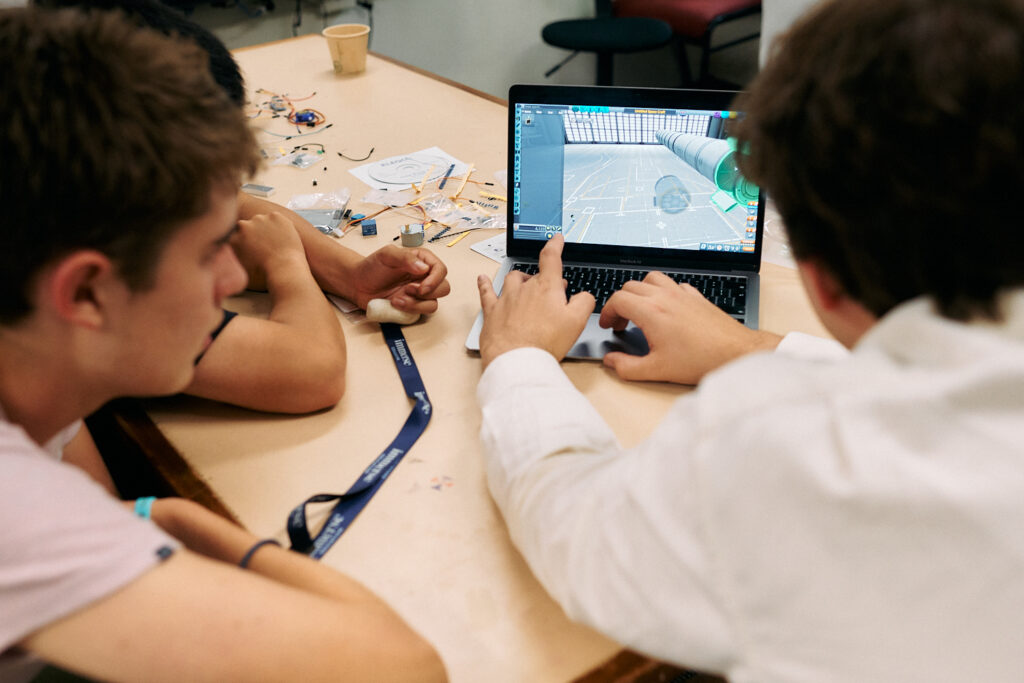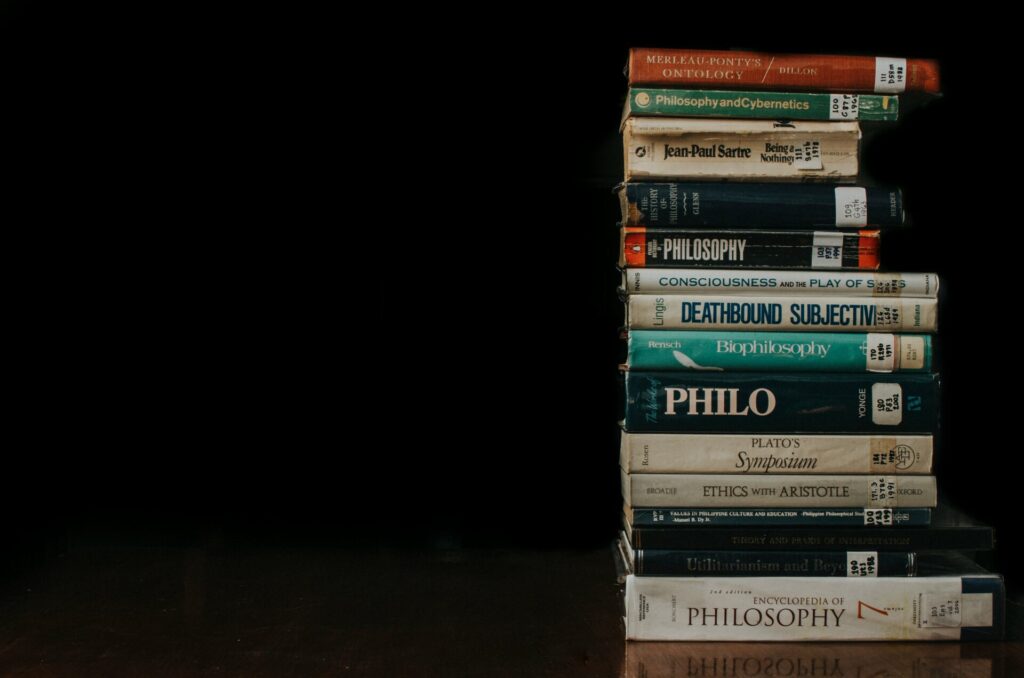What Is the International Physics Olympiad?
Secondary school students selected through national contests compete in this international physics competition, solving challenging theoretical and experimental problems over several days; medals are awarded to those who excel in both knowledge and practical skills.
Enter this competition and explore hundreds of others through Succeed.
Where Is the International Physics Olympiad Held?
The Physics Olympiad is held annually in a different country, with all participants attending in person. Students qualify through national competitions, so only officially selected national teams participate.
About the International Physics Olympiad: A Global Platform for Young Physicists
The International Physics Olympiad (IPhO) is an annual competition for secondary school students, first held in 1967 in Warsaw, Poland. It is one of the International Science Olympiads, aiming to promote physics education and stimulate interest in the subject among young people worldwide. The IPhO is organized by a host country selected from among the participating nations, with the support of the International Board, which comprises delegation heads from each member country. The host country is responsible for the logistics, including the preparation and administration of theoretical and practical examinations, as well as the overall coordination of the event. The International Board ensures the competition’s integrity and oversees the selection of future host countries.
The competition has grown significantly, with over 80 countries participating as of 2024. The IPhO serves not only as a platform for showcasing young talent but also as a means to foster international cooperation and exchange in the field of physics education.
Join the Immerse Education 2024 Essay Competition
The Immerse Essay Competition is open for 2024! Follow the instructions to write and submit your best essay for a chance to be awarded a 100% scholarship.

Key Details
Subjects: Theoretical and experimental physics
How to Enter: Qualify through national physics olympiad; selected students represent their country at the international event.
Age Range: Secondary school students (typically under 20)
Competition Format: One theoretical exam (three problems, 5 hours) and one experimental exam (one or two experiments, 5 hours).
Recognition: Gold, silver, and bronze medals; certificates for top performers.
Sample Question: Design an experiment to determine the acceleration due to gravity using only a stopwatch and a ruler.
Our Tips for Succeeding in the Physics Olympiad
Master both theoretical concepts and experimental techniques by studying textbooks and practicing with past competition problems. Work with peers to discuss challenging topics and conduct mock experiments. Practice writing clear, logical solutions and managing your time effectively during exams. Consistent, in-depth preparation and attention to detail are crucial for top performance.
FAQs
How Hard Is It to Stand Out in the Physics Olympiad?
The Physics Olympiad is highly competitive, with national teams selected through rigorous exams to compete for medals on an international stage.
How Does the International Physics Olympiad Affect College Applications?
Very positively. Participation, especially as a national team member or medalist, signals exceptional physics knowledge and problem-solving ability.
Is the Physics Olympiad Exclusively for High School Students?
The Physics Olympiad is for secondary school students, commonly ages 15–19.




